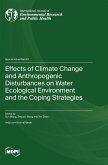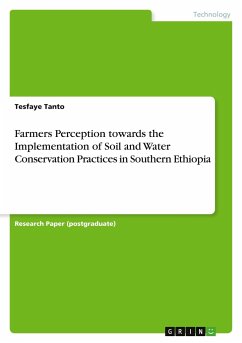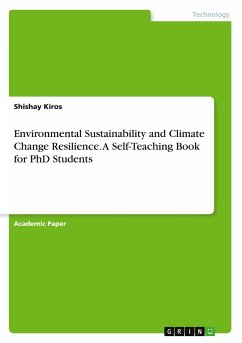Academic Paper from the year 2024 in the subject Environmental Sciences, , language: English, abstract: The climate crisis is one of the most pressing challenges facing humanity today. According to the Intergovernmental Panel on Climate Change, human activities like burning fossil fuels, deforestation, and industrial agriculture are the unequivocal cause of rising global temperatures. Since pre-industrial times, the average global temperature has risen 1.1°C above pre-industrial levels. This warming is largely driven by excessive greenhouse gas emissions, especially carbon dioxide (CO2), that trap heat in the atmosphere. Scientists warn that exceeding 1.5°C of warming will trigger catastrophic and potentially irreversible climate change impacts. The main contributor to climate change is the excessive carbon footprint of human societies. Carbon footprint refers to the total greenhouse gases emitted by an individual, organisation, event or product, expressed as a carbon dioxide equivalent. The global carbon footprint is approximately 53.5 billion tons of CO2 equivalent per year as of 2020. This is far beyond sustainable levels, and if current emissions continue, the remaining carbon budget for staying under 1.5°C will be exhausted before 2030. At over 2 billion tons per year, China has the world's largest national carbon footprint, followed by the United States at over 1.4 billion tons. Climate change increases the frequency and intensity of extreme weather events, causing biodiversity loss, rising sea levels, and posing threats to food and water security. These adverse impacts disproportionately affect poor and marginalised populations. Without urgent action to curb emissions and remove carbon from the atmosphere, climate change will inflict devastating harm on human societies and ecological systems worldwide. With rising greenhouse gas emissions, researchers are urgently exploring strategies to reduce carbon footprints worldwide. Carbon footprints can be emitted directly and indirectly by individuals, organisations, products, or events. According to the IPCC, carbon footprints must decline rapidly across all sectors globally to limit future climate change. Reducing humanity's carbon footprint is essential to keeping global warming below 1.5°C and avoiding catastrophic climate disruptions.








